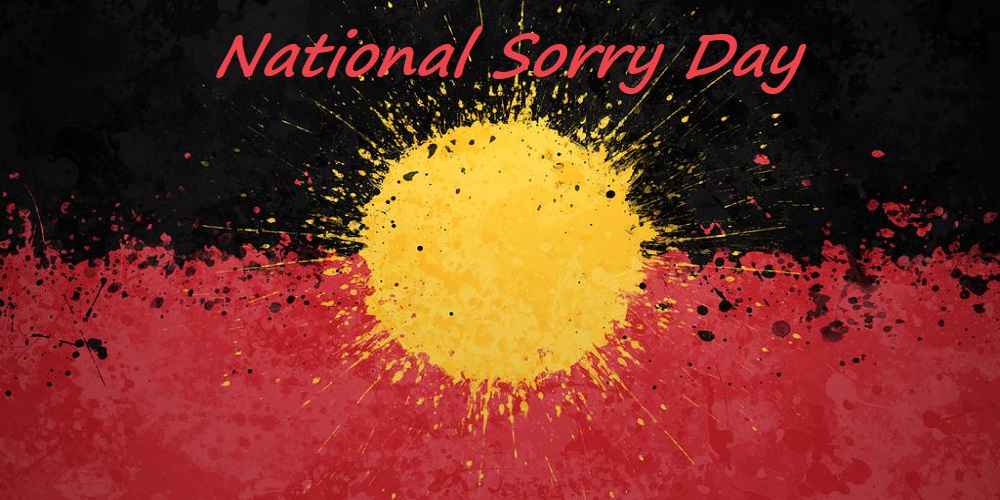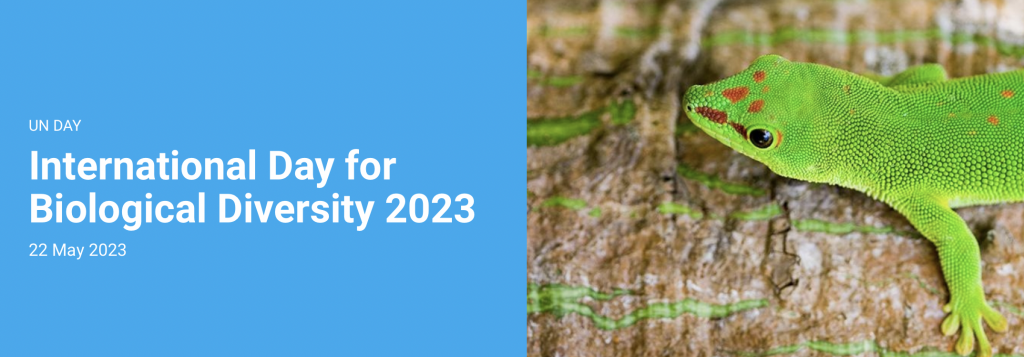The 1967 referendum was a significant milestone in addressing inequity experienced by Aboriginal people in Australia.
Aboriginal people were not counted in the census – though they had formal citizenship granted via the Nationality and Citizenship Act 1948. Many were not allowed to vote. Many were subject to bureaucratic controls that controlled their life – where they could live, where they could work and who they could marry. The 1967 Referendum sought to bring about change in their lived circumstances, lifting them to full citizenship.
The 1967 Referendum was a success, with over 90% of Australians voting YES for a change they believed would improve the conditions of Indigenous Australians. (There was a bipartisan approach to the 1967 referendum and a ‘no’ case was not formulated or publicly articulated).
It was a moment when an overwhelming majority of Australians from a diverse range of backgrounds believed that Australia would be a better country if something positive was done to improve the lives of Indigenous Australians and this was achieved at a time when racial discrimination and segregation was much more pronounced in our society. In this way, the referendum serves as a reminder that we can come together with a shared vision for a fairer and more inclusive society and that feels like an important message in our contemporary society.”
Professor Larissa Behrendt, University of Technology, Sydney
The second question in the Referendum sought to determine whether two references in the Constitution which discriminated against Aboriginal people should be removed. The sections were:
51. The Parliament shall, subject to this Constitution, have power to make laws for the peace, order, and good government of the Commonwealth with respect to:
…(xxvi) the people of any race, other than the aboriginal race in any State, for whom it is deemed necessary to make special laws.
127. In reckoning the numbers of people of the Commonwealth, or of a State or other part of the Commonwealth, aboriginal natives shall not be counted.
Constitutional reform centred on the removal of the words ‘other than the aboriginal race in any State’ in section 51(xxvi), as well as the entire removal of section 127.
This effectively removed the prohibition on the Commonwealth making laws in regards to ‘the Aboriginal race‘, which at the time was seen as a positive change for Aboriginal peoples’ welfare. Thus, Section 51 (xxvi) of the Constitution was amended.
The 2023 Referendum will ask a question about establishing an Indigenous Voice to Parliament, to be enshrined in the Constitution, whereby Aboriginal and Torres Strait Islander peoples will be able to be involved in and consulted about the development and implementation of policies and programs that impact on them, as distinct from decisions made about them.
Australians are encouraged to learn about the important issues in the lead up to the Referendum, in order to give a considered response to the question in the Referendum.
Faith leaders statements in support of the Voice to Parliament.
Statement from the Heart/Uluru statement
Background reading on Section 51(xxvi) of the Constitution of Australia.


